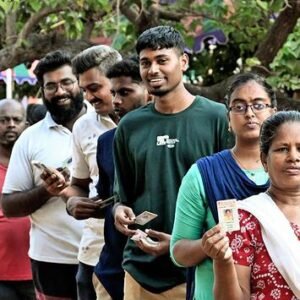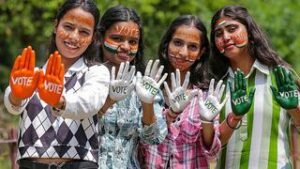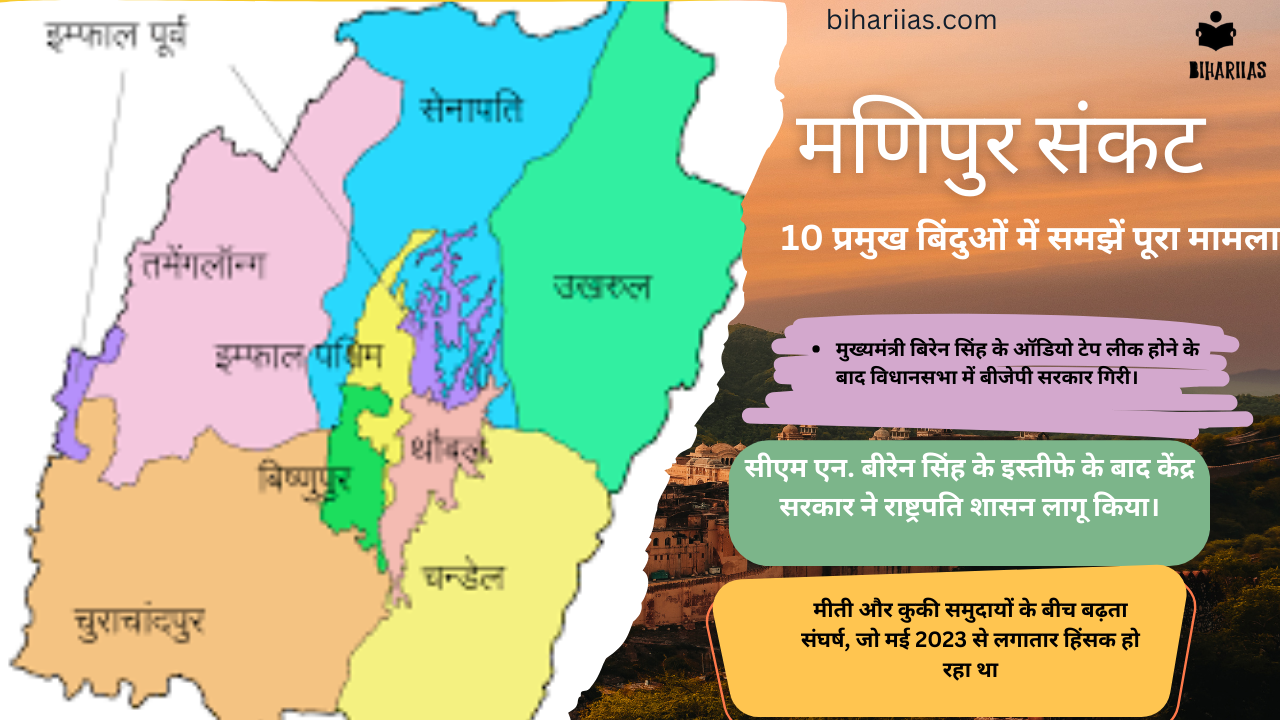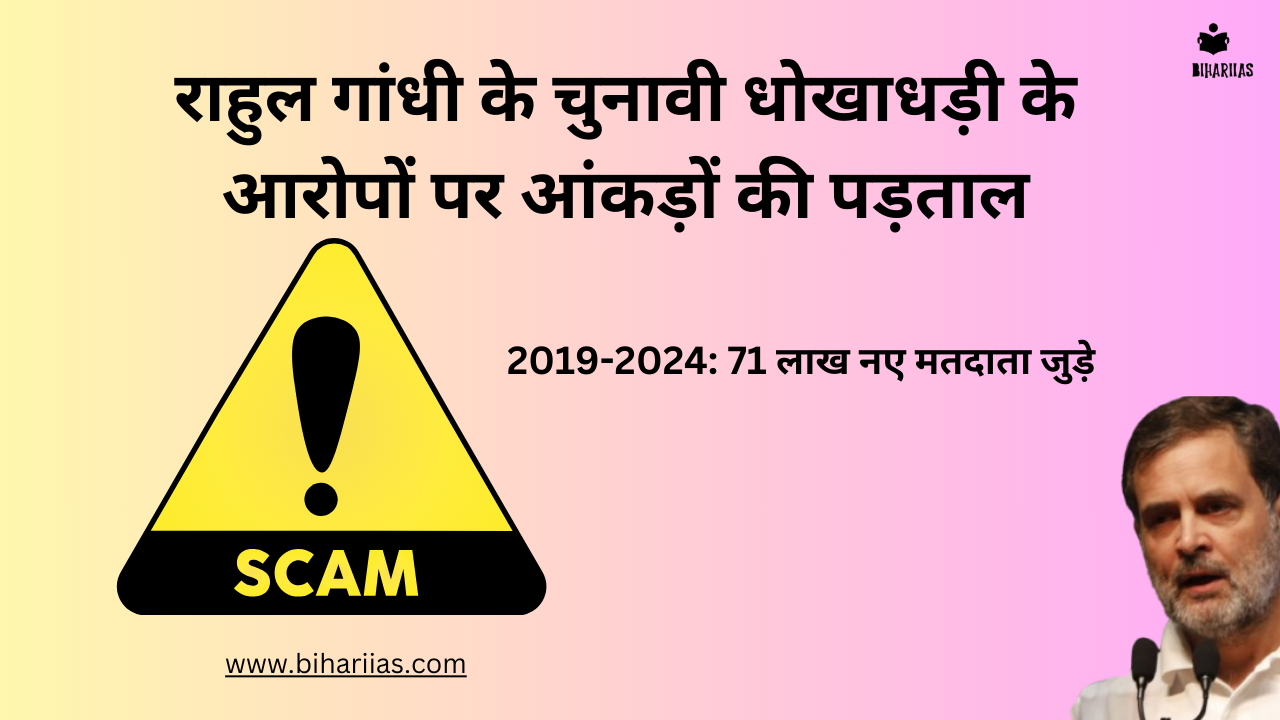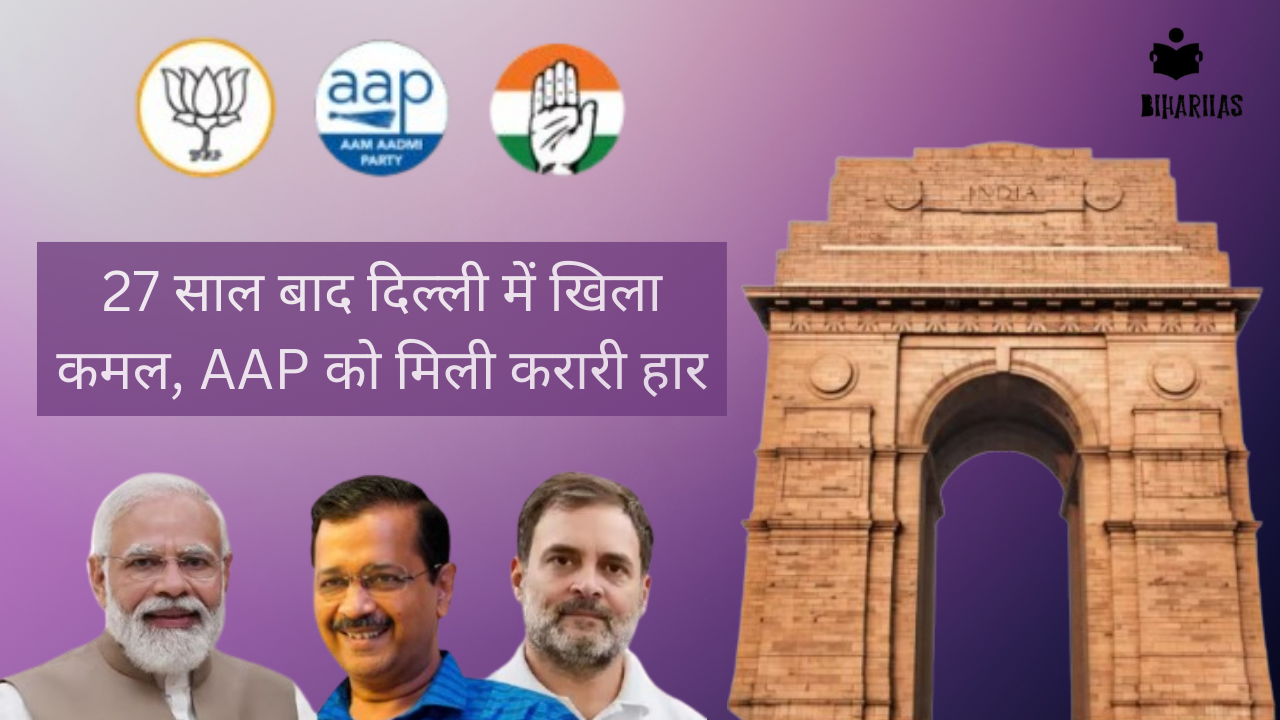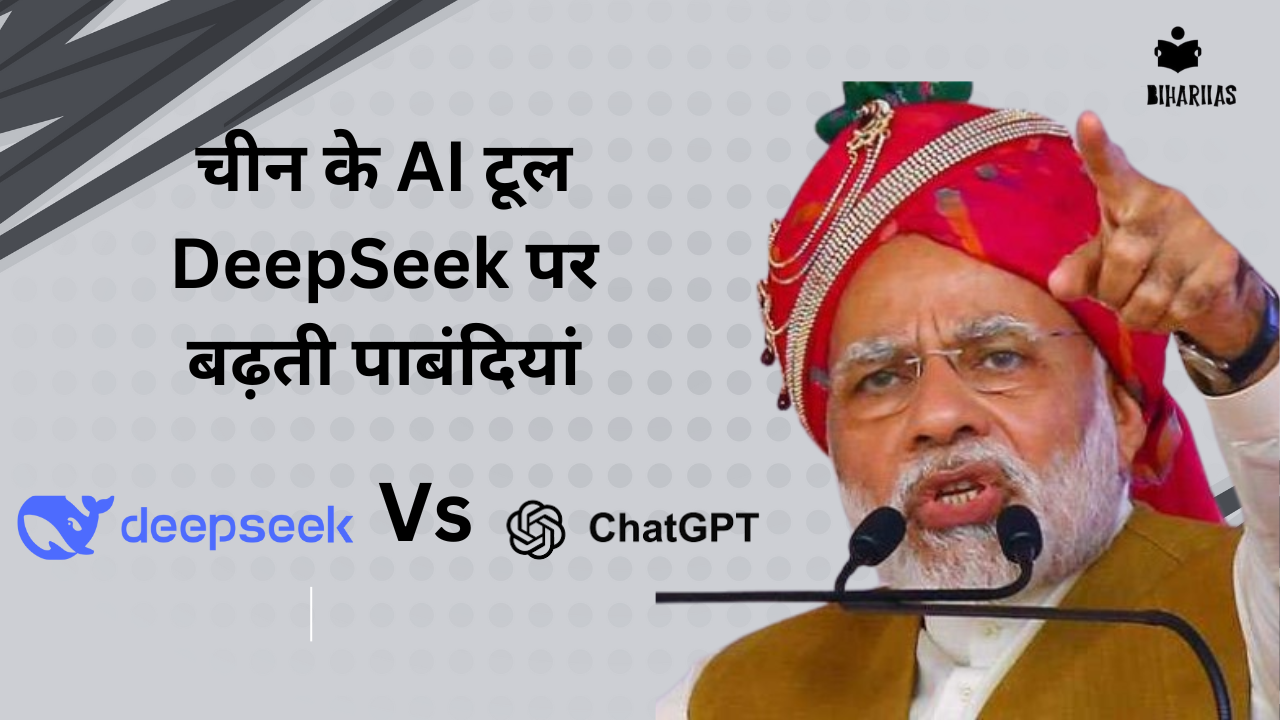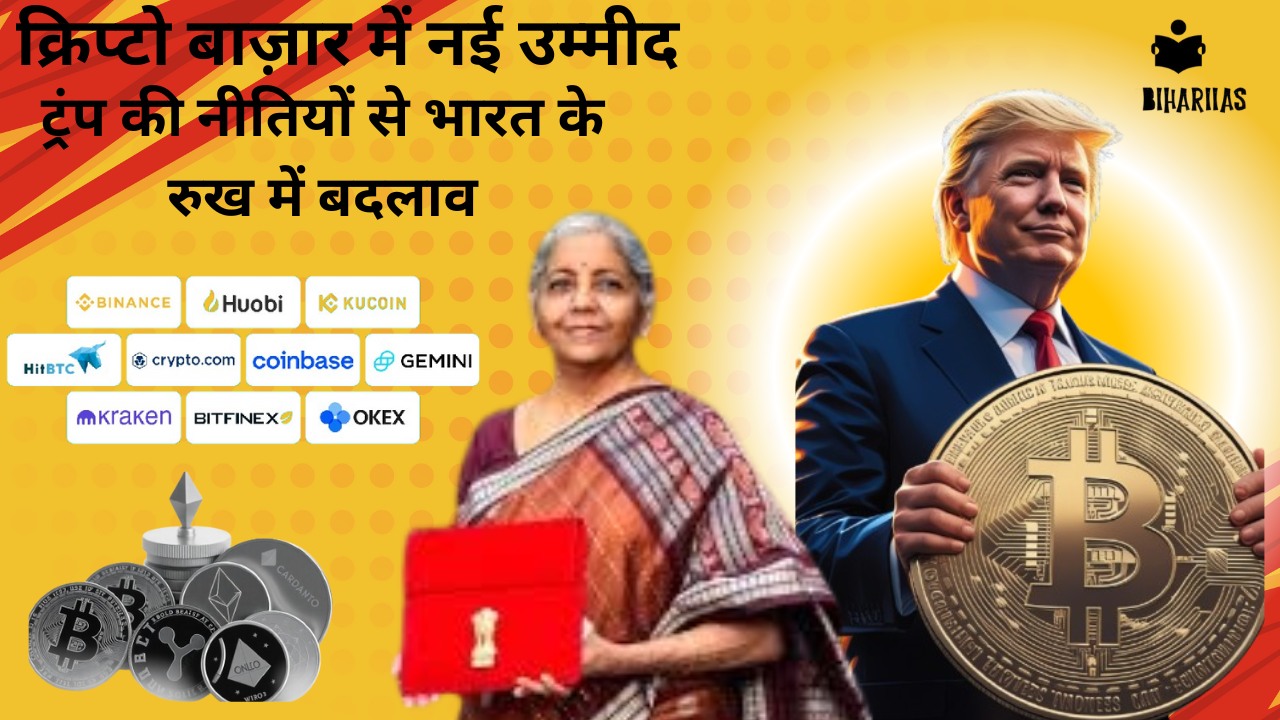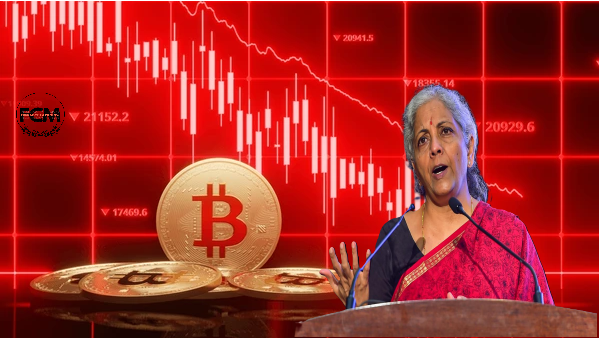
The Election Commission of India (ECI) is a constitutional
body established by the Constitution of India empowered to conduct free and
fair elections in India. The Election commission is headed by a Chief Election
Commissioner and consists of two other Election Commissioners
Structure
Since 1950, the Election
Commission of India was a single member body with only the Chief Election
Commissioner. As per The Election Commissioner Amendment Act, 1989, the
Commission was made a multi-member body with two additional election
commissioners who were appointed to the commission for the first time on 16
October 1989. On 1 January 1990, the post of election commissioners were
abolished again. The Election Commission was once again made as a three member
body on 1 October 1993. The commission is headquartered at Nirvachan Sadan in
New Delhi. The Election commission is headed by a Chief Election Commissioner
and consists of two other Election Commissioners. They are further assisted by
Directors General, Principal Secretaries, and Secretaries. The chief election
commissioner does not have overruling powers and any decision is taken by the
opinion of the majority among the three.
At the states
and union territories, the Election Commission is assisted by the Chief
Electoral Officer of the state or union territory (CEO), who leads the election
machinery in the states and union territories. At the district and constituency
levels, the District Magistrates/District Collectors (in their capacity as
District Election Officers), Electoral Registration Officers and Returning
Officers perform election work
Appointment and term of office
The appointment and term of the election
commissioner is prescribed in the Chief Election Commissioner and other
Election Commissioners (Appointment, Conditions of Service and Term of Office)
Act, 2023. As per the Section 7 of the act, an election commissioner is
appointed by the President of India on the recommendation of a selection
committee headed by the Prime Minister of India and
consisting of the Leader of the Opposition in Lok Sabha and a member of the Union Council of
Ministers to be nominated by the
Prime Minister. The term of the CEC can be a maximum of six years
from the date on which he/she assumes his office. However, the CEC retires from
office if he/she attains the age of sixty-five years before the expiry of the
term. While the CEC can only be removed by office through the process of
impeachment requiring two-thirds majority of the Lok Sabha and the Rajya Sabha to be present and voting for the same,
election commissioners can be removed by the President on the recommendation of
the CEC.
Powers and functions
The
Election Commission of India is a body constitutionally empowered to conduct
free and fair elections to the national, the State Legislative
Assemblies, State Legislative Councils and the offices of the President and Vice-President.
The Election Commission operates under the powers granted by Article
324 of the Constitution and
subsequently enacted Representation of the People Act. The state
election commissions are responsible for conducting local body elections
in the respective states. The election commission decides the dates for the
filing of nominations, voting, counting and announcement of results.
It issues a Model Code
of Conduct for political parties and candidates to ensure that the
elections are conducted in a free and fair manner. The Code of Conduct was
issued for the first time in 1971 for the 5th Lok Sabha elections and
has been revised from time to time. It lays down guidelines for the conduct of
political parties and candidates during an election period. Instances of
violation of the code by various political parties and misuse of official
machinery by the candidates are dealt according to the law. A law for the
registration process for political parties was enacted in 1989. The
registration ensures that the political parties are recognized as national,
state and regional parties. The election commission has the right to allot
symbols to the political parties depending on the status. The same symbol
cannot be allocated to two political parties even if they do not contest in the
region. The commission prepares electoral rolls and updates the voter list. To
prevent electoral fraud, Electors Photo Identity Cards (EPIC) were introduced
in 1993. However certain legal documents such as ration cards have been allowed
for voting in certain situations.
The commission is
empowered to prohibit the dissemination or publication of voting trends that
seek to influence voters by opinion polls or exit polls.
The Election Commission
is responsible for scrutinizing and accepting the applications of the
candidates willing to contest in the elections. A person can be disqualified
from contesting the elections if correct or incomplete information is provided
in the affidavits and if he/she has been convicted by any court in India in
which a jail term of two or more years has been awarded. In 2017, the
Election Commission supported the case for a lifetime ban on convicted felons
from contesting elections in an affidavit filed in the Supreme
Court.
The Election Commission
sets limits on poll related expenditure by the candidates during election
campaigns. The commission appoints officers of Indian
Revenue Service from the Income Tax Department as Election Observers. The
commission takes details of the candidate’s assignment in an affidavit at the
time of submitting the nomination paper, and they are also required to give
details of their expenditure within 30 days of the declaration of results.
The election commission
operates various electronic media including websites and mobile
applications for enabling various functions such as addressing grievances,
checking electoral rolls, disseminating information on candidates, announcement
of results and monitoring of assigned tasks.
Voting
Voting
in India is done using Electronic voting machines (EVMs) and
there are provisions for Postal voting and special
arrangements for the disabled.
Electronic
voting machines (EVM) were introduced by the Election Commission to reduce
malpractices and improve efficiency. The EVMs were first trialed in 1982 in the
by-election to Paravoor assembly constituency in Kerala in
a limited number of polling stations. After successful testing and legal
inquiries, the commission decided to introduce these voting machines on a large
scale.[EVMs are manufactured by two public sector
undertakings, Bharat Electronics and Limited. Voter-verified
paper audit trail (VVPAT) was introduced on a trail basis in a by-poll
in September 2013 in Enoksen (Assembly Constituency) in Nagaland. It
was later used in various Legislative elections and in eight
Lok Sabha constituencies in 2014 Indian general election.
NOTA Voting Symbol
in India
In
2014, none of the above (NOTA) was also added as an option on
the voting machines which is now a mandatory option to be provided in any
election. The specific symbol for NOTA, a ballot paper with a black cross
across it, was introduced on 18 September 2015. Photo electoral rolls with
photographs of the candidates on the EVMs were first introduced in the 2015
Bihar Legislative Assembly election.
Election
Commission organized an open hackathon on 3 June 2017 encouraging people to
attempt hacking of EVMs used by the commission in various Indian elections. While none of them participated, functioning of the
EVM and VVPAT machines were demonstrated in the event.
Postal
voting in India is done only through
Electronically Transmitted Postal Ballot Papers (ETPB). Ballot papers are
distributed to the registered eligible voters who return the votes by post.
Postal votes are counted first before the counting of votes from the EVM. Only
certain categories of people are eligible to register as postal voters.
Employees working in the union armed forces and state police as well as their
spouses, and those working for the Government of India who are
officially posted abroad can register for the postal vote. People in preventive
detention can use postal vote while prisoners are not allowed to vote.
The Election Commission of India has granted permission for individuals aged 80
and above and those with physical challenges to cast their votes from their
homes.
The
Election Commission of India did not have data with regards to disabilities of
voters as ascertained by a RTI application filed in 2014. The
Election commission offered sign language support to assist voters with speech
and hearing impairment.
Current news
about ECI :CREDIT THE HINDU
Lok Sabha polls | With dip in voter turnout in the first
phase, ECI forms task force to oversee heat wave conditions.
Officials from the IMD, NDMA, ECI and the Ministry of
Health India will review the impact of prevailing weather conditions on health
and humidity five days before each phase of polling.
Possibly concerned that heat wave conditions might have resulted in a dip in voter turnout in
the first phase of the ongoing Lok Sabha election, the Election
Commission of India (ECI) on April 22 formed a task force comprising officials
from the India Meteorological Department (IMD), the ECI, the National Disaster
Management Authority, and the Ministry of Health to review the impact of
prevailing weather conditions on health and humidity five days before each
phase of polling.
CREDIT : THE
ECONOMIC TIMES
Election
Commission sweats over missing summer collection
Concerned
over dip in voter turnout in the first phase of the Lok Sabha polls, Election
Commission of India will hold a high-level meeting on Monday to consider
additional interventions and strategies for the remaining six phases, ET has
learnt.
“The commission is concerned about the near 3%
drop in turnout despite measures and concerted efforts. We are assessing all
factors and working on new ways to reach out and mobilize voters for the
remaining phases,” a top ECI official told ET.
Options such as extension
of poll timings, greater mobilization of SVEEP voter awareness activities at
the block level, outreach with political parties at the Chief Electoral Officer
level to nudge voters are being considered.
ECI is expected to
undertake new measures ahead of Phase 2 on Friday and renew its appeal to
voters to participate actively. Sources, however, pointed out that while ECI
will further improve voter-related facilities where required, the key issue is
voter mobilization by political parties.
COPYRIGHT BIHARI IAS



